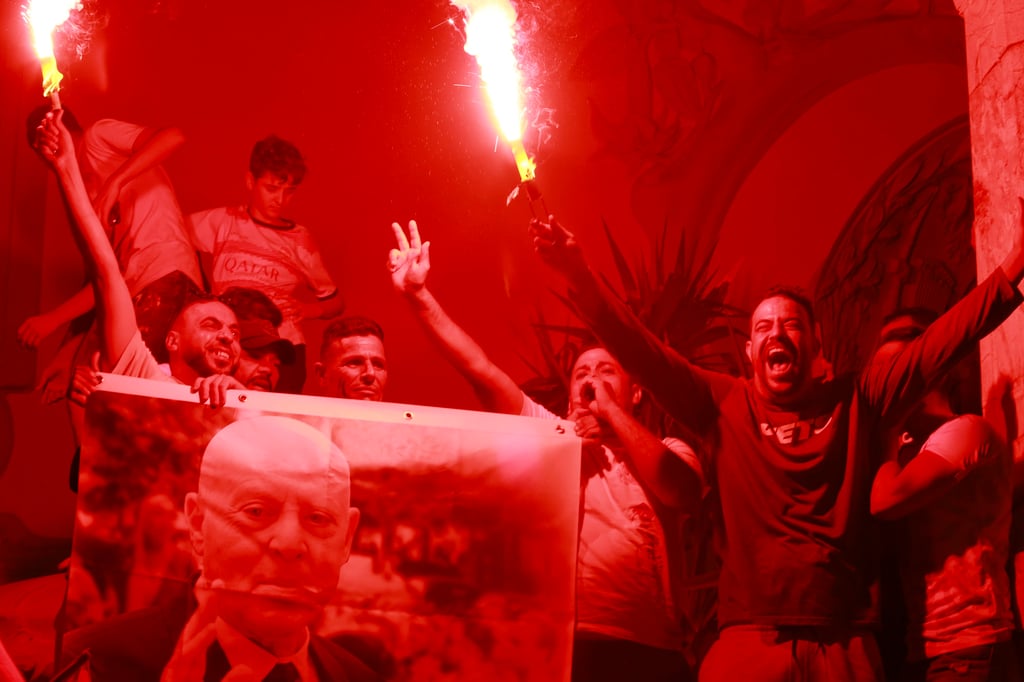Tunisia’s President Kais Saied won a landslide re-election victory in results announced on Monday after a campaign season that saw his opponents jailed alongside journalists, activists and lawyers.
The North African country’s Independent High Authority for Elections, known as ISIE, said on Monday evening that Saied had won 90.7 per cent of the vote – a reflection of how his supporters took part in Sunday’s race while most his detractors chose to boycott.
His closest challenger, businessman Ayachi Zammel, won 7.4 per cent of the vote after sitting in prison for most of the campaign season, facing multiple prison sentences for election-related crimes.

Election officials reported 28.8 per cent voter turnout – a significantly smaller showing than the first round of the country’s previous elections. It was Tunisia’s third presidential race since the 2011 Arab spring, when protests for “bread, freedom and dignity” led to the ousting of Zine El Abidine Ben Ali.
In the years that followed, Tunisia enshrined a new constitution and created a multiparty democracy. However, Saied began dismantling the country’s new institutions two years after taking office. In July 2021, he declared a state of emergency, suspended parliament and rewrote the constitution to consolidate the power of the presidency.
Throughout his first term in office, authorities unleashed a wave of repression on the country’s once-vibrant civil society. In 2023, some of his most prominent opponents from across the political spectrum were thrown in prison, including right-wing leader Abir Moussi and Islamist Rached Ghannouchi, the co-founder of the Ennahda party and former speaker of Tunisia’s parliament.
Dozens of others were imprisoned on charges including inciting disorder, undermining state security and violating a controversial anti-fake news law critics say has been used to stifle dissent.

 By South China Morning Post | Created at 2024-10-07 21:03:31 | Updated at 2024-10-08 00:31:04
3 hours ago
By South China Morning Post | Created at 2024-10-07 21:03:31 | Updated at 2024-10-08 00:31:04
3 hours ago



